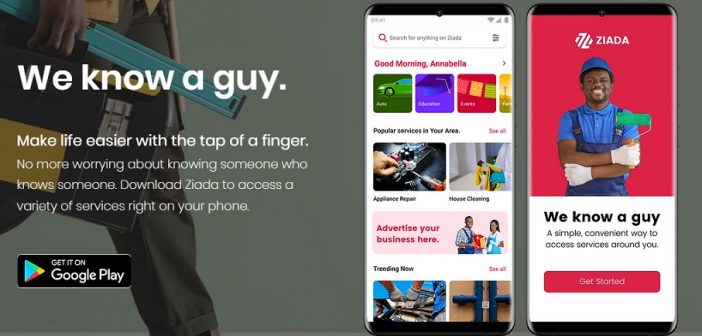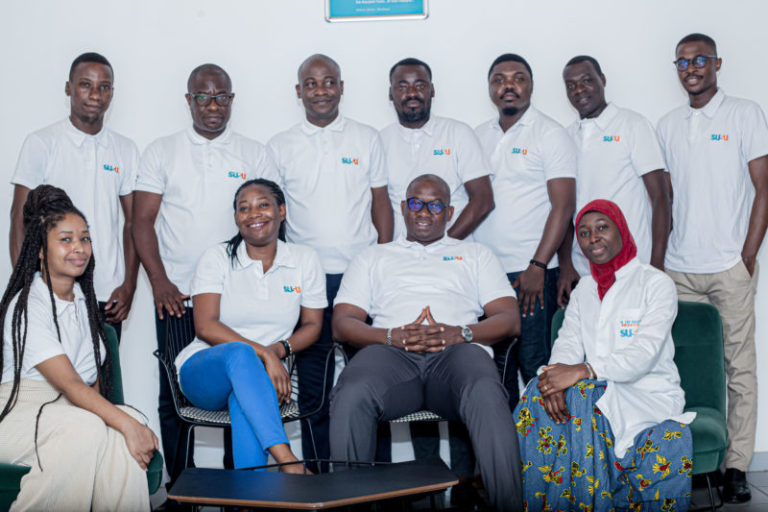Kenyan Startup, Ziada is assisting informal sector service providers find more jobs

Launched as Kazi in 2017, when the market was still in its infancy, Kenyan startup Ziada returned after a hiatus in 2021, and saw rapid adoption of its platform, which helps informal sector service providers access more work opportunities.
Annabel Angwenyi and Patrick Ngugi have been business partners for over a decade, but their two attempts at launching this platform have had varying degrees of success.
The market was clearly not ready when Kazi launched, but by the time the team returned to try again in July of last year, things had changed.
“We were very nervous about making a comeback during a pandemic,” Angwenyi told Disrupt Africa.
“We are now just shy of 30,000 downloads, 4,500 jobs matched, and 2,500 service providers on Ziada.”
Ziada is a mobile application that connects service providers in the informal sector with clients who are actively looking for trusted services, as well as providing business advice and access to tool/equipment rental.
“The main challenge we faced when we came to plug in was a lack of visibility,” Angwenyi explained. “Clients were looking for service providers but had no idea where to look.” Service providers needed clients but had no idea where to post their profiles so that they could be found. We were the link between the two sides.”
The Ziada platform is available throughout Kenya, with 20% of its users residing outside of urban areas.
“This number is constantly growing with increasing requests from users outside of cities to help them get on the platform,” Angwenyi explained.
Ziada was chosen last year to participate in Catalyst Fund’s Inclusive Fintech programme, which provides startups with catalytic grant capital as well as bespoke venture building support. She is largely self-funded until an investment from Uncap in 2021. Angwenyi described its assistance as “invaluable.”
Rather than having to worry about relaunching in the middle of a pandemic, Angwenyi stated that Ziada’s emergence “could not have been more apt.”
“Businesses had to do everything they could to be found, which greatly aided the transition to digital platforms,” she explained.
“Everyone from a mechanic to a mobile money agent wanted it known that, while they weren’t at their usual stations due to government restrictions to combat the spread of COVID-19, they were still very much available and open to jobs and would do them according to the mandated protocols.”
Ziada intends to expand into East Africa in the coming year and is currently testing a market-specific revenue model.
“We’ve had a big focus on onboarding our service providers and making sure that by the time we were campaigning for clients to use the platform, we had a good number of businesses already on the platform,” Angwenyi explained.
“What surprised us was that our service providers were our most frequent client users during this time period.” Because the app is a two-in-one, service providers only need to press a button to switch to the client side when they require a service themselves.”







